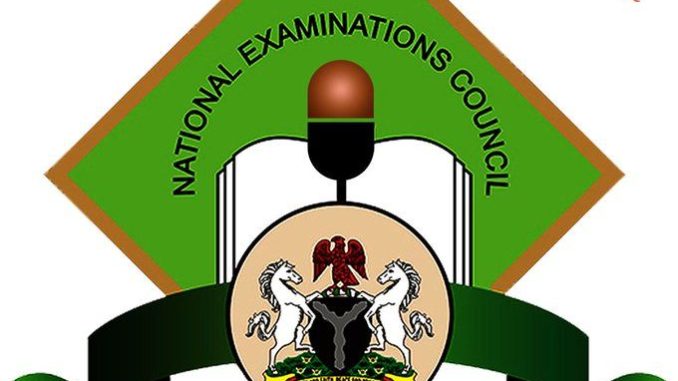
FINANCIAL ACCOUNTING
1-10: CABEDACADB
11-20: DEBCCBECEA
21-30: EBDBDDCCEE
31-40: DADCCDEDBD
41-50: EDEBDDCAAE
51-60: CECCABCDBE
*NECO FINANCIAL ACCOUNTING*
(3a)
(PICK ANY FIVE)
(i) Errors of Omission: When a transaction is completely omitted from the accounting records. For example, if both the debit and credit entries for a sale are not recorded, the trial balance will still balance.
(ii) Errors of Commission: When an entry is made to the wrong account but on the correct side. For instance, posting a receivable to the wrong customer account will not affect the trial balance.
(iii) Errors of Principle: When a transaction violates fundamental accounting principles. An example is recording a capital expenditure as a revenue expense. This error affects the financial statements but not the trial balance.
(iv) Compensating Errors: When two or more errors cancel each other out. For example, an overstatement in one account might be offset by an understatement in another.
(v) Errors of Original Entry: When both the debit and credit sides of a transaction are incorrectly recorded with the same incorrect amount. For example, recording a sale of N500 as N50 in both the sales and cash accounts.
(vi) Errors of Reversal: When the debit and credit entries of a transaction are reversed. For instance, recording a payment to a creditor by debiting the creditor’s account and crediting the bank account.
(vii) Errors of Duplication: When a transaction is recorded more than once. If both instances of the duplicate entry are equal, the trial balance will still balance.
(3b)
(PICK ANY FIVE)
(i) Raw Material Costs
(ii) Direct Labor Costs
(iii) Manufacturing Overheads
(iv) Depreciation of Manufacturing Equipment
(v) Indirect Materials
(vi) Indirect Labor
(vii) Work-in-Progress Costs

Leave a Reply